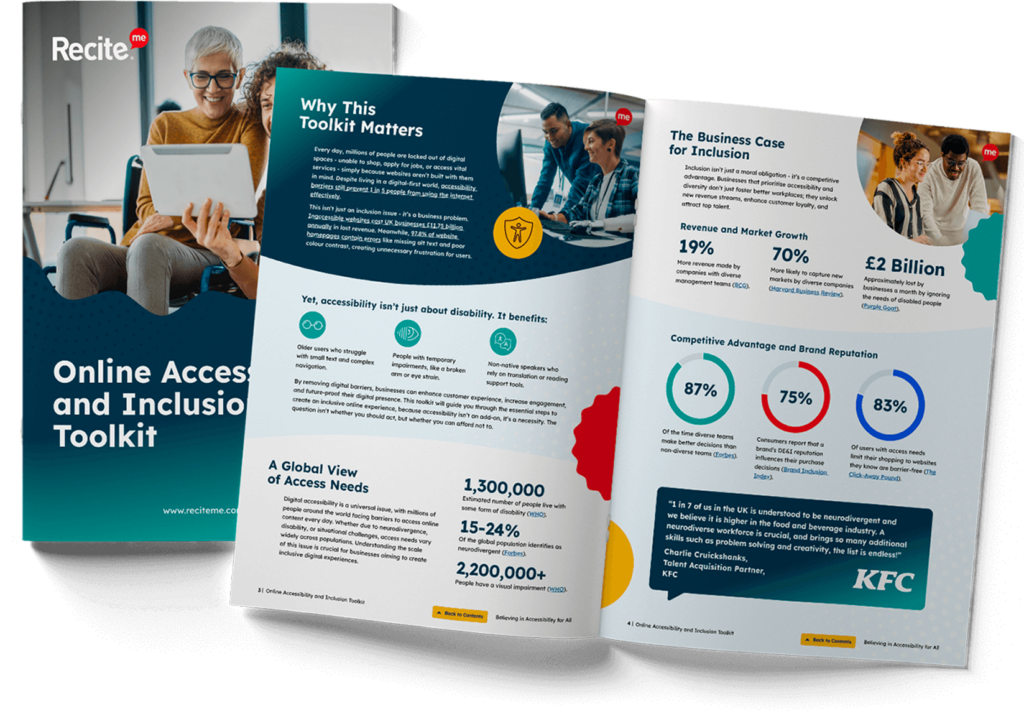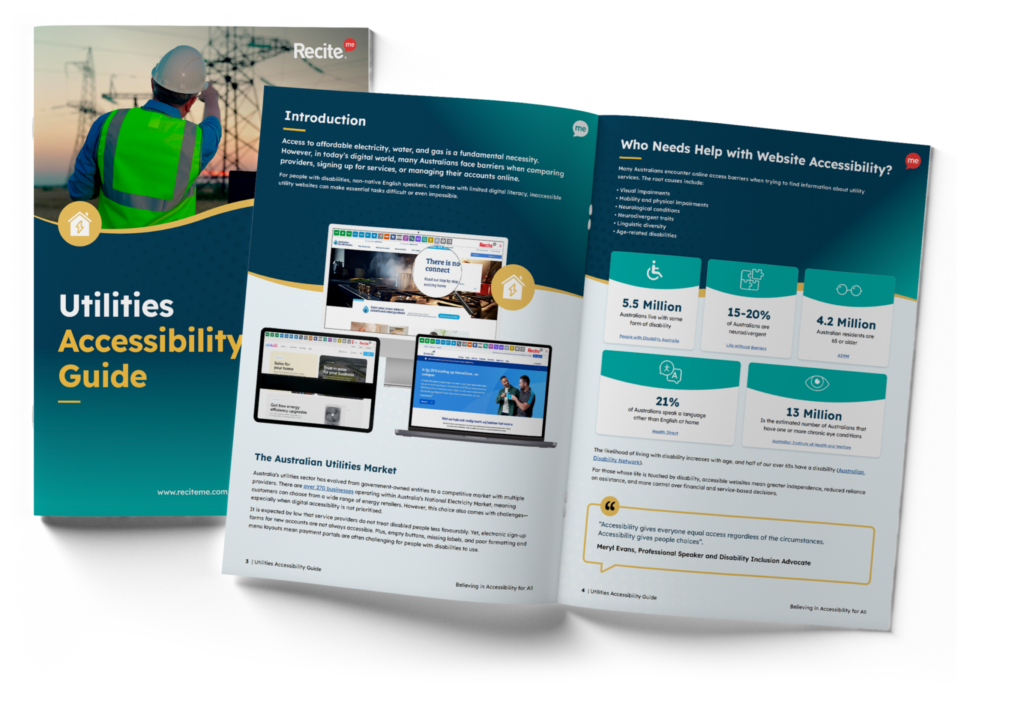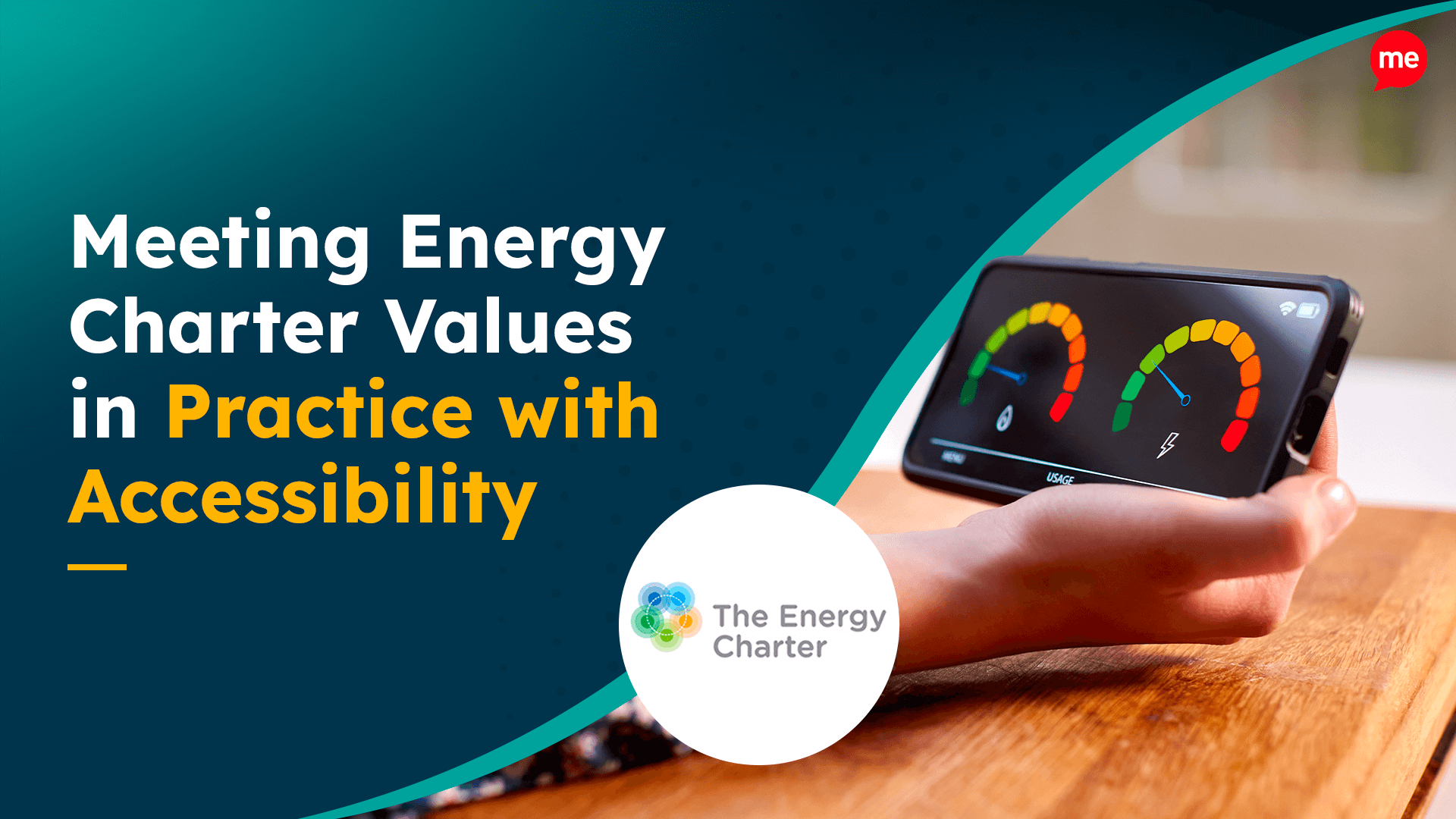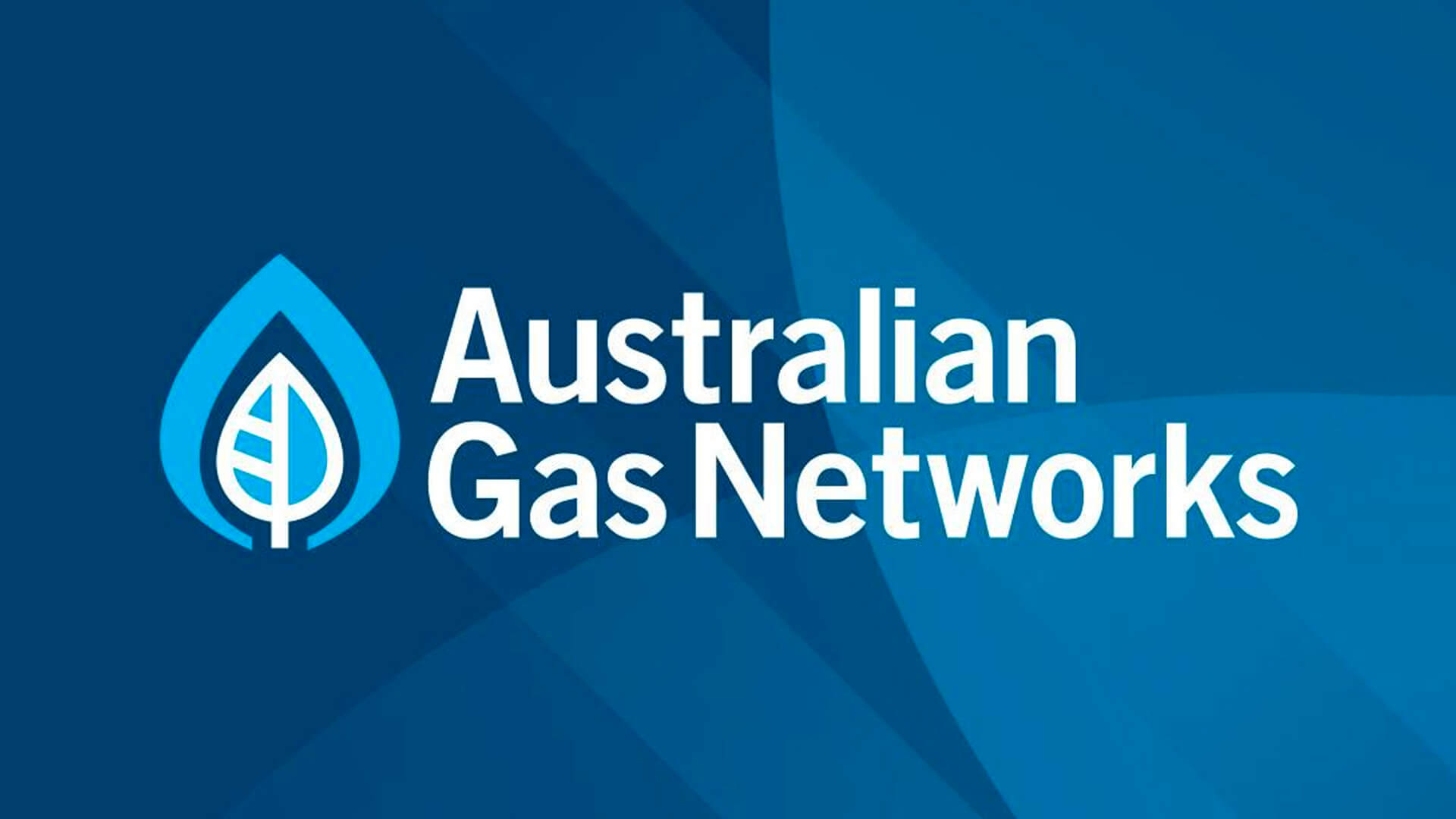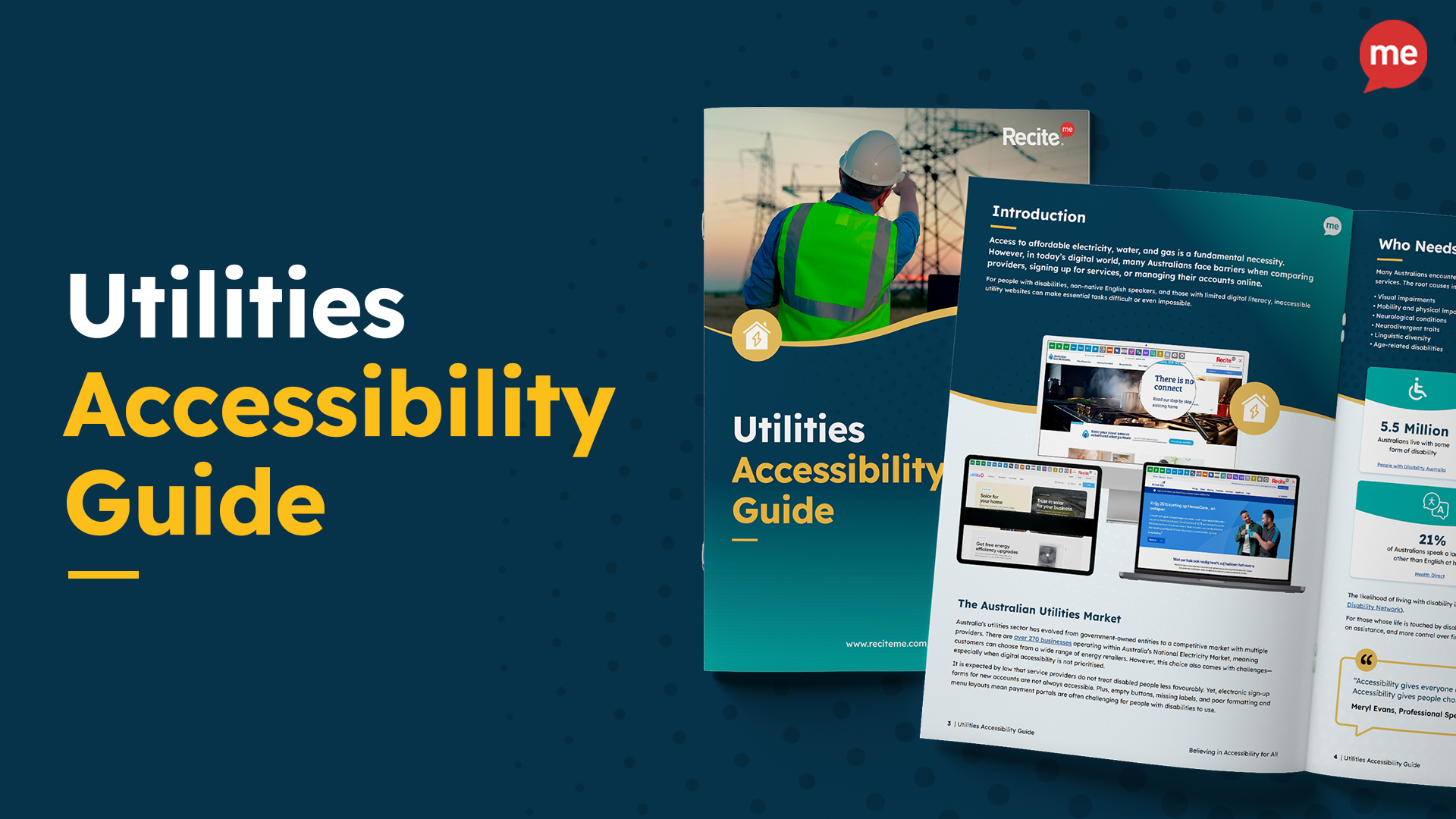Every household depends on essential services like gas, water, and electricity. Yet for millions of Australians, accessing vital information about these utilities online remains a challenge due to poor website accessibility.
Many utility websites are not designed to support people with disabilities, creating digital barriers that exclude those who need the most support. This issue is especially pressing now, as energy prices are projected to rise by as much as 9.1% (The Guardian).
For vulnerable Australians, those facing financial hardship, disability, or housing insecurity, an energy bill can bring not just cost, but stress and anxiety. According to Energy Consumers Australia, 61% of households are concerned about their ability to pay their next bill. For many, that concern is amplified by inaccessible digital experiences.
Why is it Important to Provide Inclusive Experiences on Utility Websites?
Most of us take it for granted that we have access to the information and services we need online, but for those who battle with decreased vision, physical disabilities, neurodivergent traits like dyslexia and dyspraxia, attention disorders, autism, or language and literacy issues, life just isn’t that easy.
Disabilities affect more of the Australian population than most people think. It’s estimated that one in six Australians has a disability (AIHW) that can make accessing information online challenging. To put that into perspective, that’s around 4.4 million people:
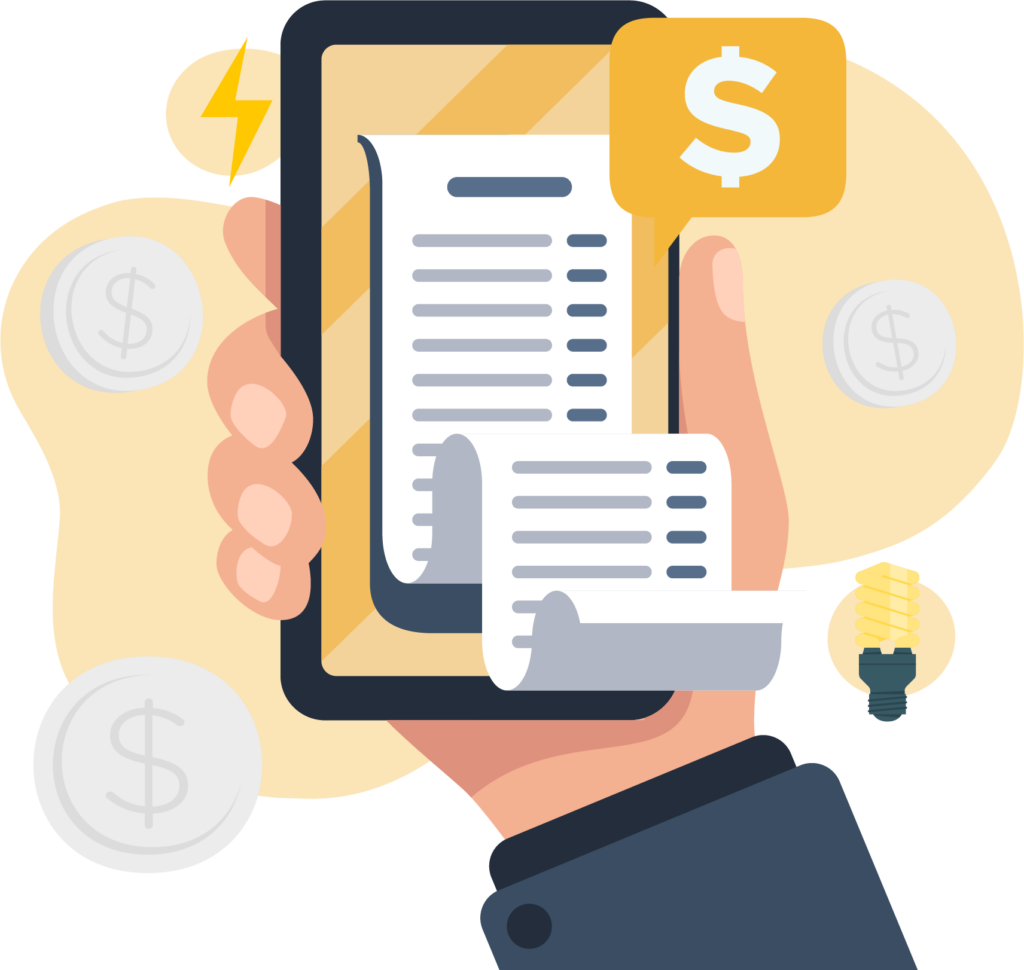
- Sight loss affects over 575,000 (Vision 20/20 Australia).
- Approximately 30-40% of the population is neurodivergent (DXC Technology).
- 1 in 10 people have a learning disability (Health Direct).
- Approximately 3.6 million people are living with at least a mild degree of hearing loss (Australian Government).
- 22.3% of people speak a language other than English at home (IdCommunity).
How Inaccessible Websites Increase Financial Vulnerability
There is a proven link between inaccessible websites and financial vulnerability. Providing equal access to utility services is therefore vital in this time of soaring prices. Otherwise, vulnerability levels increase, and financial situations can worsen even further.
We typically think of ‘vulnerable people’ as those with physical or emotional deficits – like the aged, the sick, and the immobile. In reality, however, anyone needing assistance or special care falls under the definition of being vulnerable. In the online world, that includes anyone who needs additional help to navigate, understand and consume information.
Of course, it’s not just disabled internet users who are vulnerable. Many people encounter stressful times at some point in their lives when they struggle to register or understand information. Examples include experiencing divorce or bereavement. So, the clearer and easier information is to access, the better it is for everyone.
Download our Accessibility Utilities Guide
Download our inclusive utilities guide, which walks you through the essential steps to create an inclusive, user-friendly digital experience for those managing their energy accounts and paying bills online.
Why Accessible Self-Service Matters
When websites are accessible, people save time and effort that would otherwise be spent visiting physical locations or contacting call centres. Convenient online access empowers people to access, manage, and control their utility accounts independently without relying on external assistance.
There are benefits for the utility companies too. When customers can handle routine tasks like submitting meter readings, updating personal information, and making payments online, the company’s administrative burden is reduced, freeing up staff to focus on more critical business tasks. Plus, with accessible self-service websites, organisations reduce the volume of incoming calls to their customer support centres, which decreases the need for additional staffing and results in significant cost savings.
Assistive Toolbar
One practical solution to these digital barriers is the Recite Me Assistive Toolbar, which allows users to customise web content to meet their individual needs. This is particularly valuable for people with ADHD, dyslexia, or limited vision, who may struggle to navigate traditional websites.
Here are some of the toolbar’s main features:
- Personalise font size, colour and type.
- Screen Mask & Ruler tools for reading.
- Download the written content as an audio file.
- Text-to-speech.
- Translation to over 100 languages.
- Customising PDF documents.
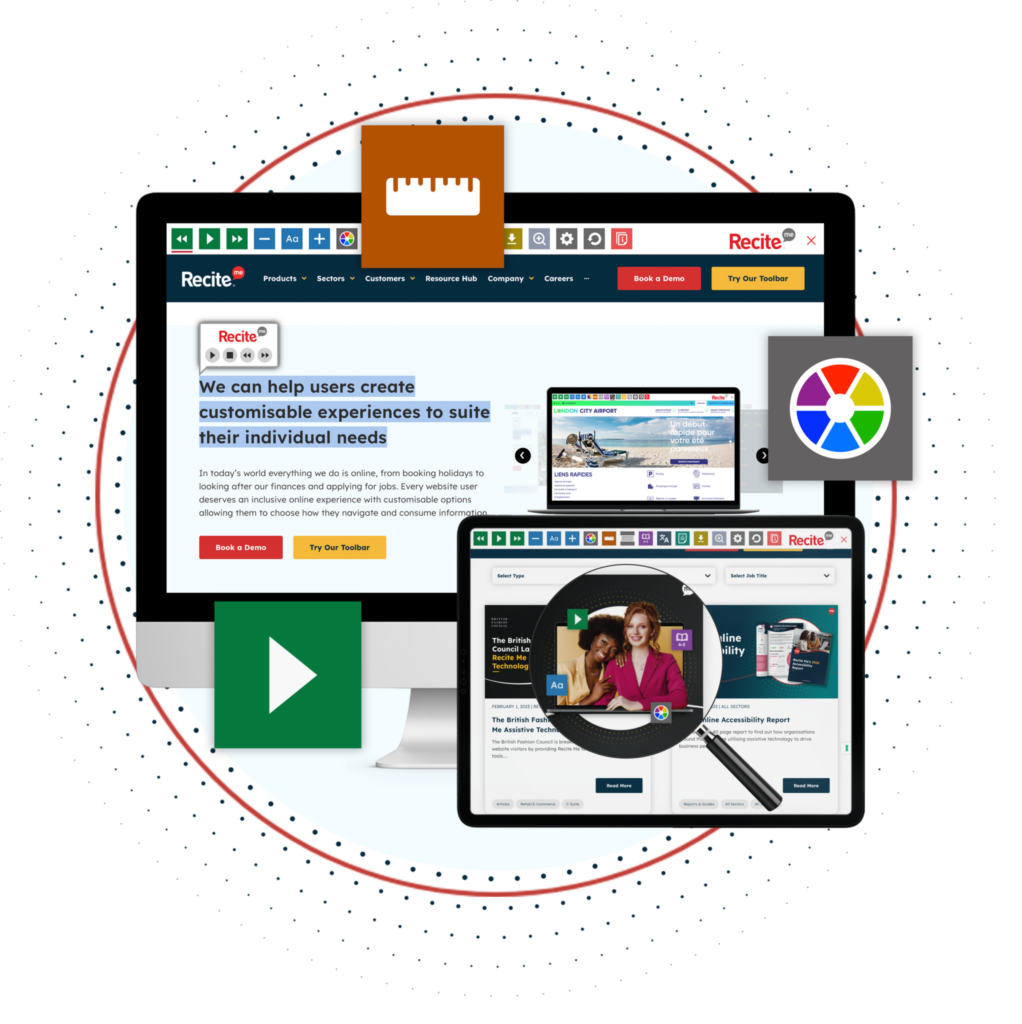
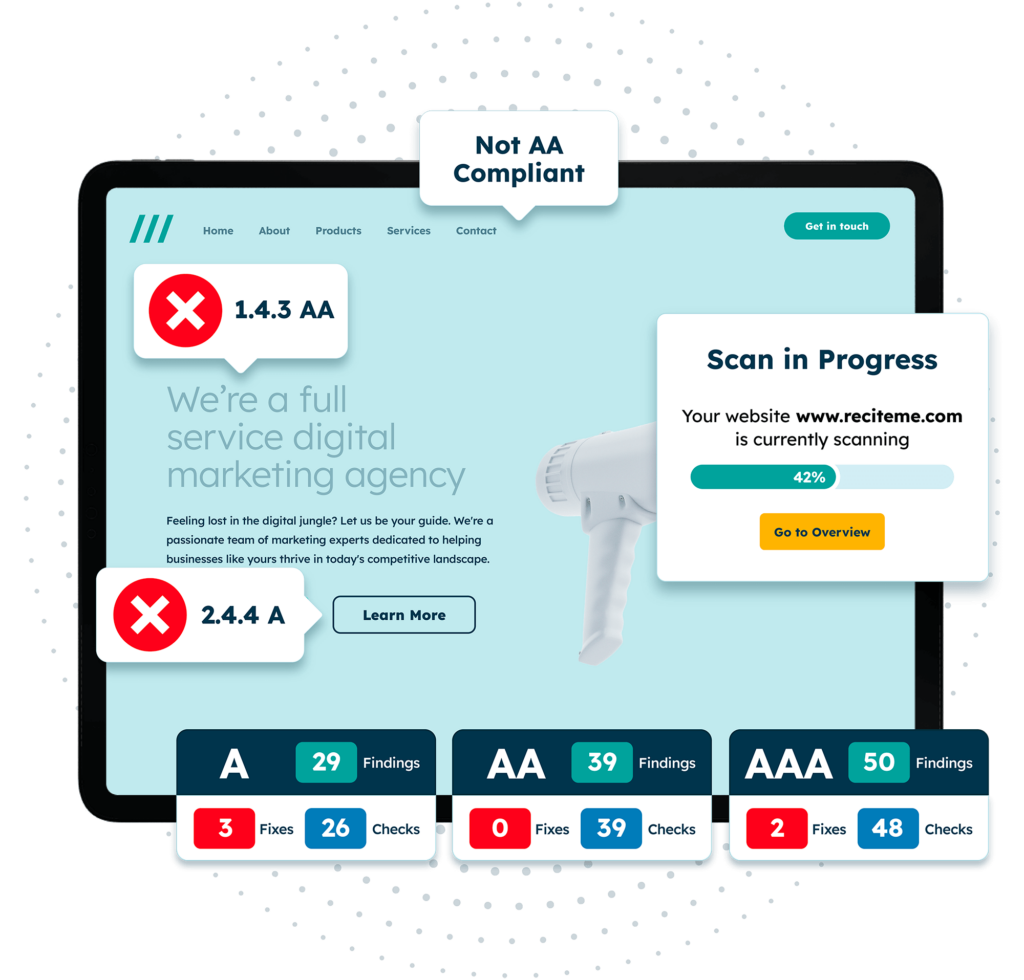
Accessibility Checker
Recite Me’s accessibility checker acts as an auditing tool, conducting a rapid scan of your online content, identifying any non-compliant or inaccessible features. The results of your scan are arranged into a concise, actionable list, complete with recommendations to help you resolve any accessibility issues.
The accessibility checker follows a 5-step process:
- Step 1: Scan Your Domains
- Step 2: Identify Accessibility Issues
- Step 3: Fix Accessibility Errors
- Step 4: Track Your Progress
- Step 5: Download & Share and Accessibility Report
Australian Gas Infrastructure Group: A case study for utility web accessibility
The Australian Gas Infrastructure Group (AGIG) is a distribution company that is committed to providing safe and reliable gas to millions of Australians across the country. In January 2025, AGIG started working with Recite Me after a customer survey revealed that 93% of their customers wanted the company to improve accessibility and provide inclusive services.
AGIG listened and took action. They began a journey to make their services more inclusive for customers experiencing vulnerability. Since then, AGIG has:
- Placed customers and their safety at the centre of all communications, ensuring they are clear and inclusive.
- Empowered users with the Recite Me Assistive Toolbar, offering flexible, customisable accessibility tools.
- Supported 20% of their customer base living with disabilities.
Read the full story: Unlocking Access for 20% of Customers: AGIG’s Digital Inclusion with Recite Me
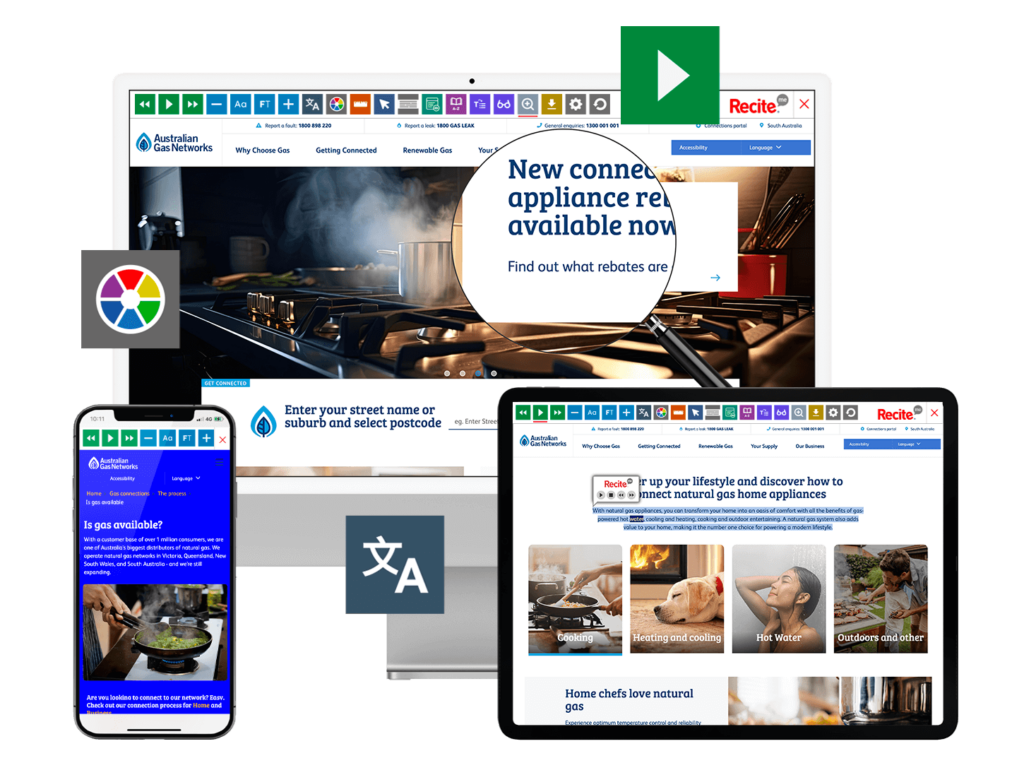
User Spotlight: Jim Woodcock
Jim is in his mid-seventies, living in sheltered housing and managing two life-limiting health conditions. As a registered member of the Priority Services Register, Jim relies on accessible digital services, but not all providers meet his needs.
Fortunately, Jim regularly uses Recite Me on two utility websites that support it:
 “I have found Recite Me useful, easy to use, and it is technically robust and responds to touchscreen use perfectly. The settings options make it very user-friendly, particularly for those of us with a few miles on the clock and wrinkles to match!”
“I have found Recite Me useful, easy to use, and it is technically robust and responds to touchscreen use perfectly. The settings options make it very user-friendly, particularly for those of us with a few miles on the clock and wrinkles to match!”
Jim Woodcock, a Customer who regularly uses Recite Me on utility websites.
He’s not alone. In 2024 alone, 4.5 million pages were accessed using the Recite Me toolbar by over 900,000 unique users on utilities websites.

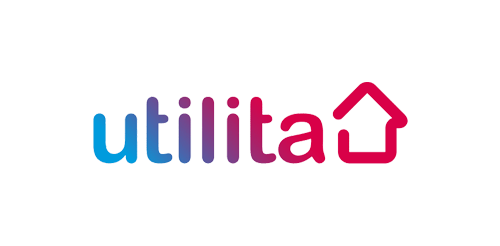
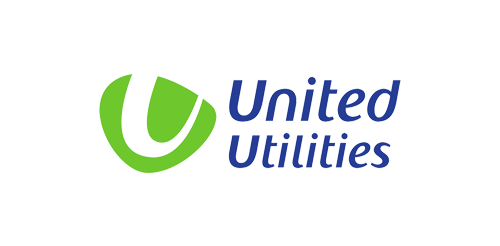
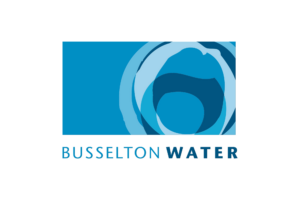
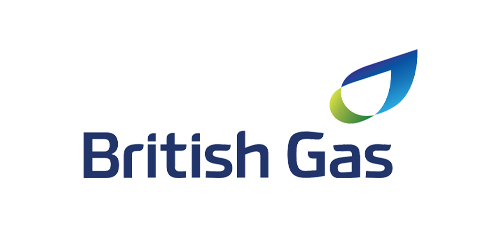
Our Digital Accessibility & Inclusion Toolkit helps organisations break down online barriers and make a real impact.
